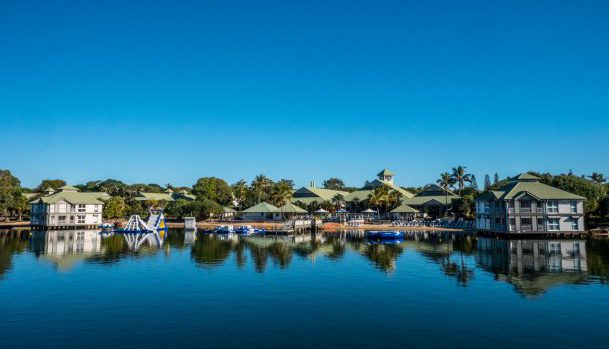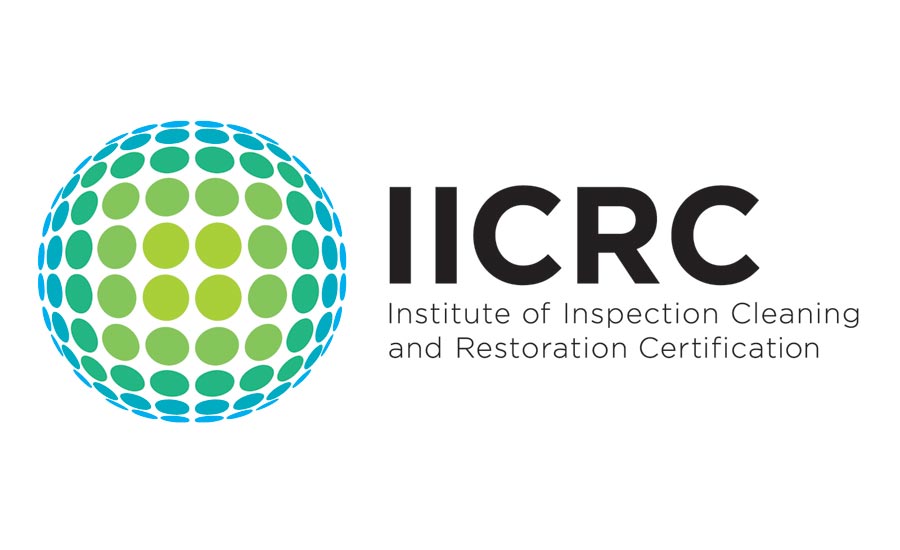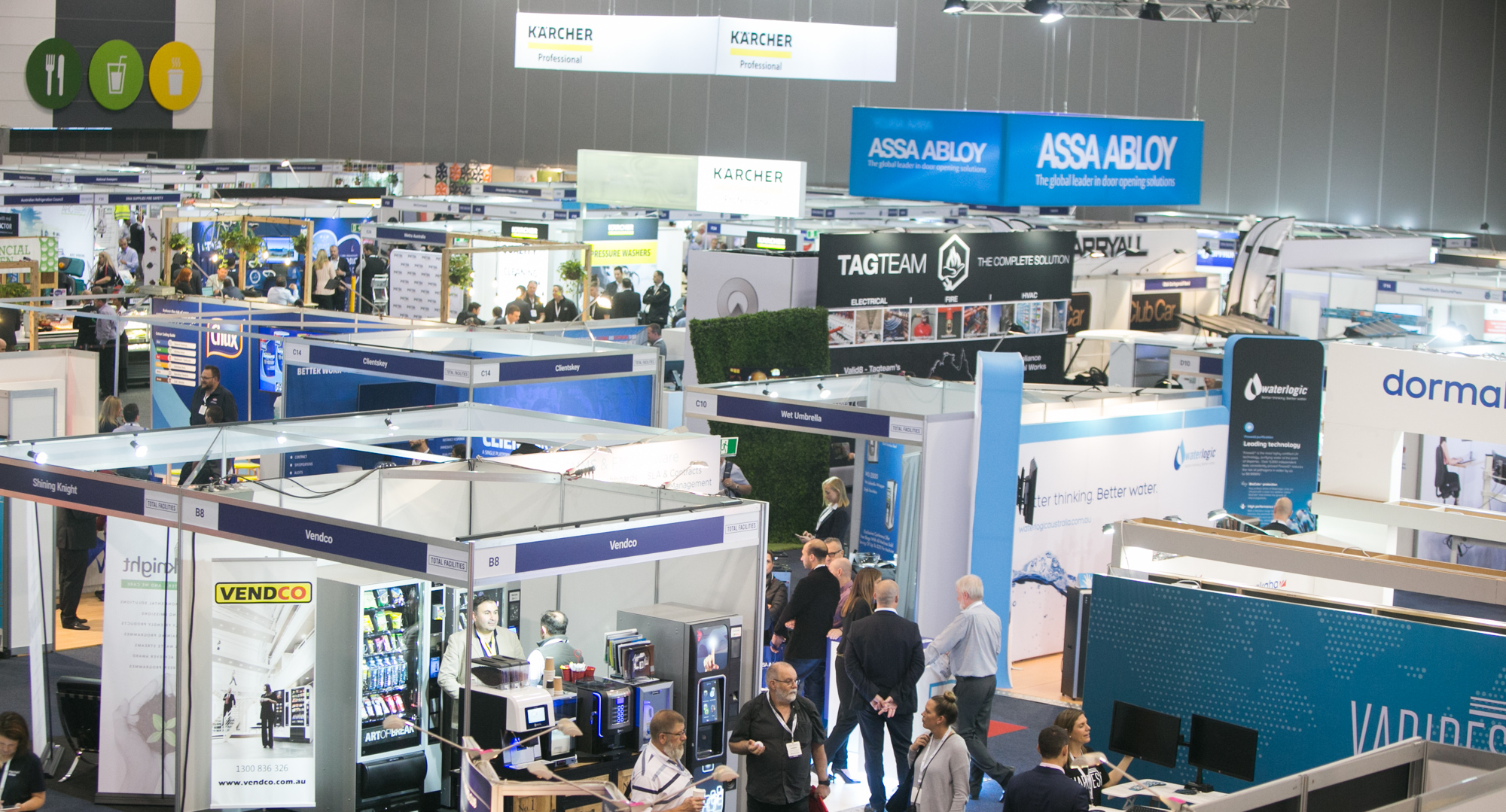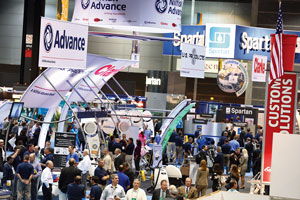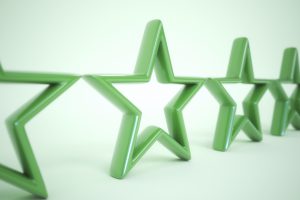
Ecostore has announced the Australasian business will be carbon-neutral by the end of 2019.
The goal is a keystone of Ecostore’s 2018 Sustainability Report which will see both the New Zealand and Australia sites become carboNZero certified.
The only business in Australasia that makes and packages their products in a manufacturing plant that has been carboNZero certified since 2010, Ecostore has already offset 769 tonnes of carbon through the plant’s participation in the certification programme.
Ecostore has partnered with New Zealand environmental certification, Enviro-Mark Solutions to measure ecostore’s carbon emissions and help it reduce and offset these emissions to achieve carboNZero certification.
Enviro-Mark Solutions CEO Dr Ann Smith said taking action on climate change, by reducing carbon emissions, is one of the biggest challenges faced by business but rising to the challenge will identify opportunities and drive innovation.
“With ecostore’s ambitious plans to offset their impacts in the short term, and commitment to continual emissions reductions and environmental improvement for the long term, they are setting an excellent example for other organisations.”
Ecostore’s 2018 Sustainability Report outlines further action plans to tackle climate change, aligned with the Paris Agreement, to keep warming within 1.5 degrees celsius and the government’s Zero Carbon Bill.
Ecostore managing director Pablo Kraus said businesses need to step up and recognise that they can and must be a force for good.
“Corporates have an incredible opportunity to pave the way for future generations. We must lead by example, empower others, act, make changes – and this report communicates how Ecostore is delivering on our promise to lead the way.
“Climate change and plastic pollution are two of the biggest challenges we face in the 21st century. At Ecostore we tackle this holistically through our operations, how we choose our partners, how we source our materials, and what we do about the lifecycle of our products.”
In 2014 Ecostore switched its plastic packaging to plastic made from sugarcane saving almost 4500 tonnes of carbon emissions – the equivalent of a car driving the length of New Zealand 8500 times.
Currently, 90 per cent of Ecostore’s plastic is made from sugarcane and refill bottles are 10 percent post-consumer recycled (PCR) made from New Zealand milk bottles.
The company has a target to achieve 100 percent renewable or recycled content in their packaging by 2025.
The company also has introduced electric forklifts. The forklifts have no emissions, are quieter, require less maintenance and generally have a longer life than internal combustion engines.
Ecostore general manager of supply chain, Tony Morpeth, said the company is investigating further ways to minimise electricity, LPG and fuel use, waste and water use during manufacturing, along with carbon emissions from the freighting of their finished goods.
Morpeth said Ecostore is constantly seeking ways to reduce water use and wastage. Ecostore has also achieved Enviro-Mark Diamond certification for their environmental management system.
“We’ve also developed new ways to reduce waste by reducing bottle weight and maximising efficiency, saving 28 tonnes of plastic from entering the waste and recycling streams,” Morpeth said.
Packaging is a key area where the team can make a difference and where they’re committed to using renewable recyclable packaging materials so less ends up in landfill.
“Refills reduce the amount of plastic consumed and the amount entering our waste stream. We’ve led the refill model in New Zealand, invested heavily in our refill stations in 2018, and now have more than 60 stations throughout New Zealand, and the first one in a supermarket.
Ecostore is now focused on selling more bulk packs via refill stations in order to encourage reuse with a target of 140 percent growth over the next five years.
Rolling out more refill stations at supermarkets in 2019 is also another goal the company is working towards.
The brand also plans to have new programs in place this year to create a more circular economy and close the loop with their sugarcane plastic bottles to help eradicate plastic waste.
Comment below to have your say on this story.
If you have a news story or tip-off, get in touch at info@3.106.117.80.
Sign up to INCLEAN’s newsletter.
